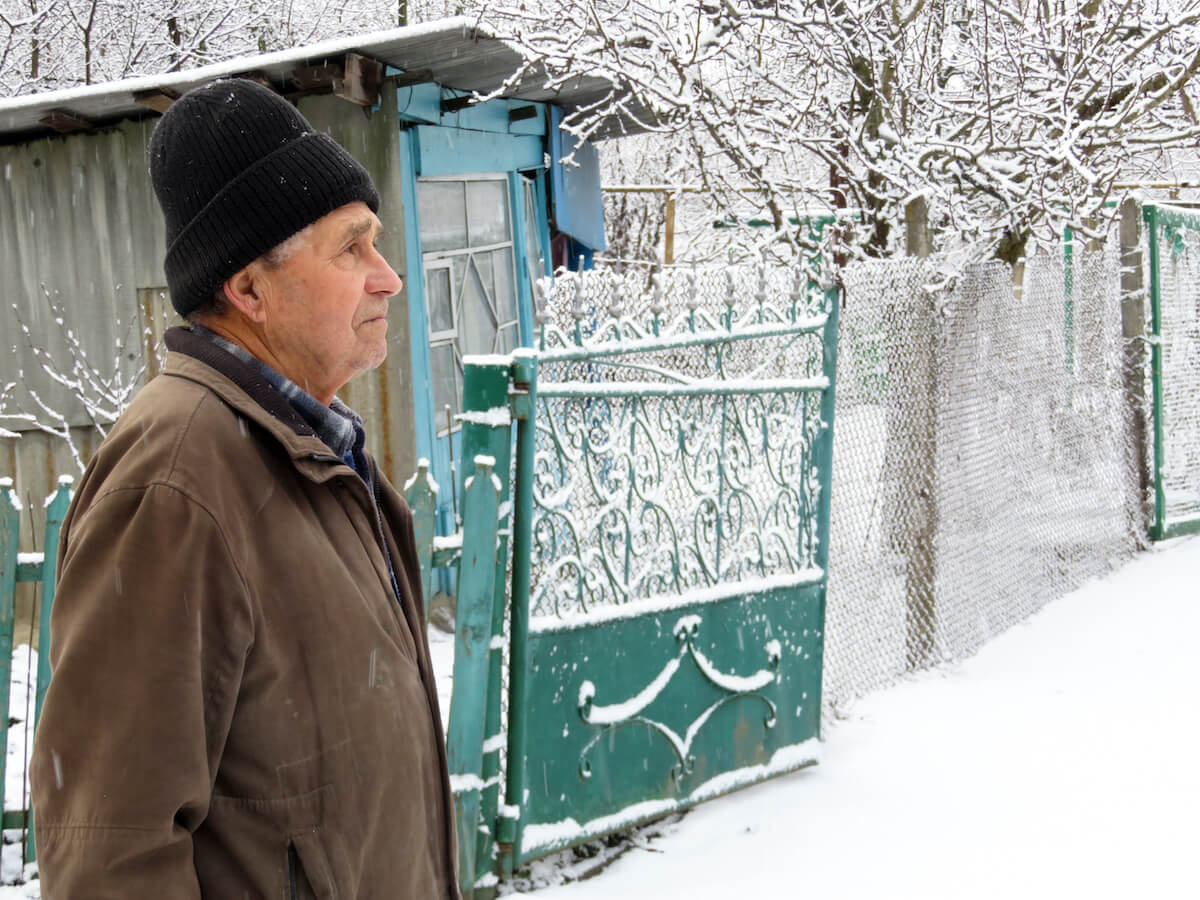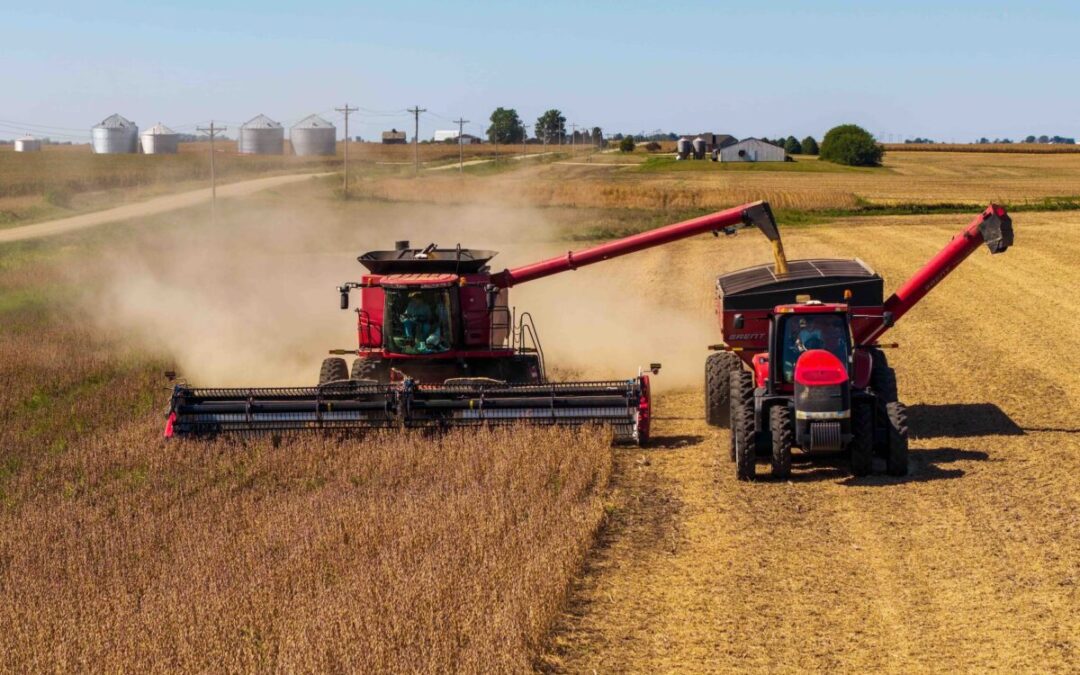
#image_title
Gap growing between monthly expenses and an affordable home
The Wisconsin Legislature’s new special session on rural issues is designed primarily to assist farmers in crisis and give a boost to economic development, but it shouldn’t overlook rural residents struggling to keep a roof over their heads in smaller cities, villages and towns, according to an advocate for the homeless.
Prompted by rising housing costs that are outpacing the ability of many to afford homes, community leaders across Wisconsin are looking at ways to increase the stock of affordable housing. And Michael Basford, director of the state Interagency Council on Homelessness, sees the need growing beyond the state’s largest cities.
“This is a statewide issue,” Basford said of affordable housing. “Everywhere I go when I travel across the state, whether I am in urban or rural areas, people tell me that housing costs are a concern,” especially in places where economic opportunities are limited.
Basford said his recent visits to Wisconsin communities to address housing needs have convinced him that more must be done to address affordable housing in rural communities. Last week’s State of the State address by Gov. Tony Evers included a focus on rural areas, and Basford said that could provide an opportunity to work on affordable housing in those regions.
A rural prosperity task force could provide an opportunity to assist with affordable housing in rural areas, Basford said. Specific initiatives to address housing have not yet been identified, he said, noting he is hopeful the Republican-led Legislature would be willing to consider rural affordable housing proposals.
Increasing the amount of affordable housing often involves offering incentives to builders in the form of tax credits. Obtaining such credits is a competitive process, and those credits often are awarded to larger projects, Basford said, making it more challenging to address affordable housing in small communities.
“What gets lost in that process is a community that wants to build an eight-unit affordable housing development,” he said.
The National Low Income Housing Coalition defines affordable housing as costing 30 percent or more of a household’s income. People spending more than that figure for housing generally are considered at risk of losing their homes.
A United Way of Wisconsin study released in 2018 revealed that 38 percent of Wisconsin residents struggle to afford basic living expenses, among them housing. The number of state residents experiencing difficulty paying for housing and other expenses grew 5 percent since 2010, according to the United Way study. A single person in Wisconsin needed to earn at least $19,848 annually and a family of four $61,620 or more to be able to afford basic expenses, the study states. Those costs are higher or lower in different parts of the state, depending on the price of living in those locations.
Housing costs have risen substantially in Wisconsin and much of the rest of the U.S. during the past decade, studies show. According to the real estate and rental marketplace site Zillow, the median home sales price in Wisconsin is $182,000, and the median monthly rent tops $800.
Affordable housing is an issue in Trempealeau County in western Wisconsin, said Jon Schultz, a County Board supervisor there. Declining housing stock has become a factor, he said.
“Too many buildings have aged beyond the point where remodeling and updates are affordable,” he said, “and the cost of building new is too expensive for many people … It’s like there aren’t affordable starter homes anymore.”
Schultz said he is concerned about larger communities more easily garnering tax credits than rural ones like where he lives. One hindrance in rural areas related to affordable housing is zoning related to lot sizes, he said.
Affordable housing combines multiple issues, such as wages, in addition to housing costs, which makes making inroads on the issue “a really tough problem to make progress on.”
Schultz pointed to a city of Independence initiative as an effort to address affordable housing in a rural community. The Trempealeau County city, with a population of about 1,300, has purchased property and is reselling it in small, more affordable lots, to provide more affordable housing.
“They’re trying to make something happen,” Schultz said of Independence city officials. “Hopefully this will help us make a dent in affordable housing.”
While housing costs in rural areas typically are less than those in more populated locations, affordable housing is a definite need in many of Wisconsin’s smaller communities, said Kevin Burch, director of housing services for Catholic Charities of the Diocese of La Crosse, which operates homeless programs in 17 Wisconsin counties. Catholic Charities operates a small homeless shelter in the Clark County community of Loyal, an example of how housing costs are an issue in rural areas, Burch said.
“There are people in our rural communities who are struggling to afford housing too,” he said. “As housing costs have climbed, some people just can’t afford housing any longer, and they wind up homeless.”
Basford said more people across the state, in communities large and small, are winding up homeless. Without additional efforts to address affordable housing, that number is likely to continue to climb, he said.
“The need for shelters is a sign of our struggles with affordable housing,” Basford said. “Hopefully we can find a better way to address this issue. The question now is how do we do that.”

Retired veterinarian uses pasture for seasonally grazing dairy heifers and extra income
BEAR CREEK, Wisconsin – Earlier this year Jeff and Alex Wepner were looking for a place where their dairy heifers could grow and develop during the...

China has resumed U.S. soybean imports. It might not be enough for Wisconsin farmers
After a tense months-long standoff over tariffs, China has agreed to resume U.S. soybean imports in exchange for the U.S. easing up its tariff...

China is boycotting American soybeans. Wisconsin farmers will pay the price for it, trade group says
As China and the U.S. remain locked in a tense standoff over tariffs, Wisconsin soybean farmers have found themselves in the crossfire of the...

In Portage County, residents fight for a say in local government
One of my favorite photos of my friend Jason Dunkin is a selfie he took where he’s grinning ear to ear. He’s sitting across from his local city...




